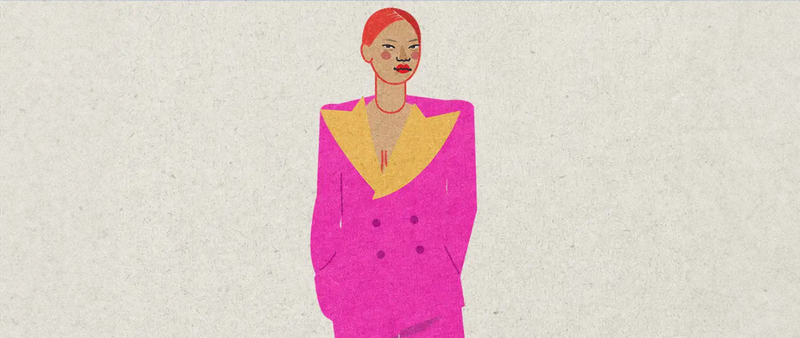The idiomatic expressions “out of habit” and “by habit” may look identical at first glance, but they do not have exactly the same meaning. Indeed, if you want to master a language, it is important to fully understand its nuances and Ludwig.guru is here to help you with its priceless writing tips. So, let's shed some light on the issue.
Actions repeated over time: habit VS routine
Since both the idioms refer to the concept of “habit”, let us first dwell on the meaning of the latter word. If we search “habit” on Ludwig.guru, we can see that the term indicates “an action done on a regular basis”. It means that the word refers to something that is done regularly, for example every day, every month or even more than once in the same day. The habit is thus something similar to the “routine” and, in some cases, the two terms can be used interchangeably.
Yet, it is possible to identify a certain difference. While “routine” is something intentional and planned, a “standard procedure” one could say, the term “habit” usually indicates an action that is done almost without awareness: something that people do, just because they are used to do so. Obviously, this difference in meaning is rather nuanced, but it clearly emerges in some idiomatic expressions.
For example, the term “habit” is more likely to take on a certain kind of negative meaning. It can describe something bad that you have begun to do and that you can no longer control, such as smoking cigarettes or biting your nails. Indeed, the term is often employed to describe addictions, such as alcohol or drug abuse. It is significant, in this regard, that while the expression “bad habit” is widespread to indicate an unhealthy lifestyle, the parallel “bad routine” is much rarer.
We can check this through a special function of Ludwig.guru, specifically meant to compare the use of similar expressions.

Let’s write on the main bar of Ludwig.guru “bad habit VS bad routine”. Then, let’s press enter. At this point, a graphic will appear, showing the most common, and therefore correct, expression. In this specific case, we can see that “bad habit” is by far the most popular idiom.
Obviously, it is also possible to speak about “good habits” or “healthy habits”, but in this case the differences between “habit” and “routine” tend to blur. Indeed, it is not uncommon to hear about “a healthy daily routine”, or to find a beauty guru who is willing to teach you “the perfect daily skin routine”. It is indicative, in this regard, that “routine” is etymologically linked to “ritual”, a word that refers to gestures and actions belonging to the sphere of the sacred: something that must be done according to precise prescriptions to be followed scrupulously.
On the other hand, even the word “routine” could have a dark side. Rather than addictions or unhealthy lifestyles, it can indicate a certain feeling of boredom, caused by a repetitive and emotionless life. Something that usually happens when everything is already established and there is no room for news or surprises.
Given these premises, let’s go to analyse our two idioms:
By habit
“By habit” is an expression used to indicate that you are doing something according to what is usual. It is almost a kind of custom, something done according to certain social conventions, or according to your true nature. For example, it is possible to say that “some people tend to think by default and by habit, not about what they must think”; your boss, instead, could state that “you are a hard worker by habit” or that “you are professional by habit”.
Check other examples on Ludwig.guru to clarify your ideas.
Out of habit
The expression “out of habit” indicates that you are doing something because of a habit. In this case the expression wants to emphasize that the habit is the true driving force which triggers certain actions. To give a clear example, it is by far more common to say that “one person is smoking cigarettes out of habits” rather than “by habits”.
Check other examples on Ludwig.guru to clarify your ideas.
There is a beautiful song by Ani di Franco entitled precisely Out of Habit. The first verse of the lyric says that “The butter melts out of habit / The toast isn't even warm”. This sentence highlights how certain things happen because they are driven by certain forces, rather than for a specific reason. The butter is not melting because of the warmth of the bread; there is something invisible – perhaps intrinsic to the butter itself – that makes it melt. It is indeed the perfect metaphor to explain how, sometimes, human beings may act unknowingly guided by habits, rather than driven by their own will. It is no coincidence that the song is about a love destined to end: the passion is gone, but the relationship is persisting more out of habit than out of anything else is compellingly or exciting.






